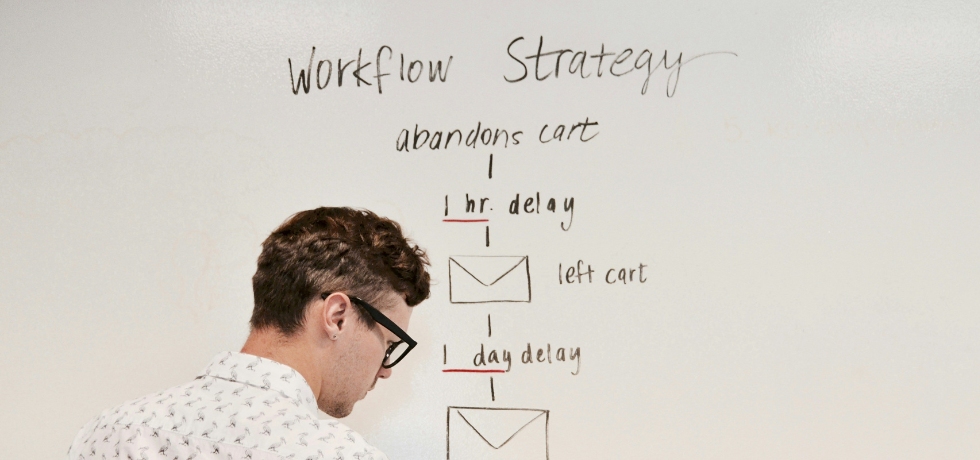Enterprise productivity tools are no longer just digital checklists or collaboration platforms—they’re evolving into intelligent ecosystems. In 2025, the rise of AI co-pilots is changing how teams work, plan, and make decisions. Integrated into daily workflows, these smart assistants are making enterprise productivity tools more intuitive, proactive, and powerful than ever before.
The Challenge: Traditional Tools Can’t Keep Up with Modern Workflows
Despite the widespread use of platforms like Microsoft 365, Google Workspace, and project management apps, many enterprises still face bottlenecks. Repetitive manual tasks, data overload, and siloed systems slow down progress and drain valuable time. Employees spend hours searching for files, writing emails, or pulling data—tasks that AI can now handle more efficiently. This growing complexity demands smarter solutions that go beyond automation.
Also Read: Understanding the Key Elements of Software Product Modernization
How AI Co-Pilots Are Enhancing Enterprise Productivity Tools
Real-Time Task Assistance and Automation
AI co-pilots embedded in productivity tools help users perform tasks faster and with fewer clicks. From drafting reports in Word to creating auto-scheduled tasks in project platforms, AI can now automate routine actions while learning from user behavior. This reduces context-switching and improves overall workflow speed.
Data Summarization and Smart Insights
Modern enterprise tools generate vast amounts of data, but not everyone has time to analyze it. AI co-pilots can now summarize dashboards, extract insights from documents, and even forecast trends—turning raw data into real-time, actionable information. This enables quicker decision-making without relying solely on analysts or manual reporting.
Seamless Integration Across Apps
One of the biggest productivity killers is switching between apps. AI co-pilots offer cross-platform integration, enabling users to retrieve CRM data in an email draft or summarize meeting notes inside a messaging tool. This unified experience transforms disconnected apps into a cohesive productivity ecosystem.
The Broader Impact on Enterprise Operations
As AI co-pilots become standard in enterprise productivity tools, they’re not just saving time—they’re shaping smarter workplaces. These tools are personalizing user experiences, reducing digital fatigue, and empowering employees to focus on high-impact work. In areas like customer service, finance, and HR, AI is improving turnaround times, accuracy, and collaboration at scale.
Conclusion: The Future Is Augmented, Not Automated
The integration of AI co-pilots marks a turning point in how businesses leverage enterprise productivity tools. Rather than replacing human input, AI augments it—offering smarter suggestions, real-time support, and context-aware insights. For forward-thinking companies, adopting these tools isn’t just an upgrade—it’s a competitive advantage in the evolving digital workplace.
Tags:
Business SoftwareEnterprise SolutionsAuthor - Vaishnavi K V
Vaishnavi is an exceptionally self - motivated person with more than 4 years of expertise in producing news stories, blogs, and content marketing pieces. She uses strong language, and an accurate and flexible writing style. She is passionate about learning new subjects, has a talent for creating original material, and the ability to produce polished and appealing writing for diverse clients.
